Note from John: This year’s Resuscitation Science Symposium (ReSS), being held in Orlando from November 7th-9th, is the 13th annual meeting of what has grown to be the world’s premiere gathering of researchers, scientists and clinicians presenting and debating the latest discoveries in cardiac and trauma resuscitation. I’ve asked my colleague Brian Eigel, VP of ECC Science and Product Development, to write a guest blog post about what we should expect at this year’s conference.
____________________________________________________________________________
Only three weeks after the release of our Guidelines Update for Cardiopulmonary Resuscitation (CPR) and Emergency Cardiovascular Care (ECC), it’s an exciting time for resuscitation science! I’ve personally been with the American Heart Association through three guidelines cycles, and the anticipation by healthcare professionals, first responders, instructors, etc. for our guidelines release has grown every time. Whether you’re attending ReSS or not, here’s my own “baker’s dozen” list that highlights what I think will be some of the most popular sessions throughout the event.
1) Institute of Medicine (IOM) Report on Cardiac Arrest: On June 30th, the IOM published a report on strategies to improve cardiac arrest survival in the US (which was accompanied by an AHA Special Report highlighting our support of the IOM’s eight key recommendations). IOM president Dr. Victor Dzau and four of the IOM report authors will present and discuss the recommendations with ReSS audience members.
2) Therapeutic Hypothermia: Following recent research results and a guideline update, panelists will review and debate the appropriate target temperature for hypothermia in cardiac and traumatic resuscitation treatment.
3) Digital Media: This session will cover innovative possibilities to harness mobile technology, social media and data to increase bystander CPR, increase the use of public AEDs, access experts via telemedicine anytime/anywhere and mine big data for clues to improve cardiac arrest survival.
4) Oral Abstracts: Attendees will be able to hear and debate over 35 oral research presentations covering some of the latest advances in resuscitation research.
5) Year in Review: Panelists will present and discuss key research publications from the past year in both cardiac arrest and trauma resuscitation.
6) Dispatcher-Assisted CPR: As the 2015 recipient of the Dickinson W. Richards Memorial Lecture, Dr. Thomas Rea’s presentation on “CPR Science: Discovery and Implementation” will serve as the keynote for a session that will also include presentations from groups in Taiwan and Arizona showing the impact of dispatcher-assisted CPR on increasing rates of bystander CPR and cardiac arrest survival.
7) Personalized Resuscitation: It is increasingly clear that as with so many things in life, “one size does not fit all” and panelists will highlight the latest discoveries that support the need to personalize cardiac resuscitation care, post-cardiac arrest care and hemorrhage resuscitation.
8) ECC Guidelines Highlights: Four authors of the recent 2015 AHA Guidelines Update for CPR & ECC will present and discuss the key highlights of the Basic Life Support (BLS), Advanced Cardiac Life Support (ACLS) and Pediatric BLS/ACLS.
9-12) Four Late Breaking Clinical Trials: Hot off the presses, these four “late breakers” are sure to be of interest to clinicians and researchers around the world:
* Early epinephrine for shockable in-hospital cardiac arrest
* Early oral bisoprolol for pulseless ventricular arrhythmias in patients with acute NSTEMI
* Temporal trends in OHCA in Southern Ontario
* ROC randomized trial of continuous versus interrupted chest compressions in OHCA
13) Networking: ReSS offers opportunities for both formal and informal networking to allow both old friends and new collaborators to meet and exchange ideas for advancing the care of traumatic and cardiac resuscitation patients. The Young Investigator event allows early career members opportunities to network with experienced investigators to learn more about mentorship, research and navigating career opportunities in cardiovascular research. The Women in Resuscitation Networking Event will discuss mentorship in academia with Kathleen Dracup, RN, FNP, PhD, FAAN; during the Japanese Circulation Society/ReSS joint session attendees will learn about and discuss experiences with implementing and maintaining a national cardiac arrest registry.
I hope to see you in Orlando!
-Brian Eigel, Ph.D.


Exciting things this year!!